Last year, SUVs were the best selling cars in Europe for the first time.
According to figures from Jato Dynamics, SUV sales grew 24% year-on-year to 3.2 million units and the market share increased 2.7% to 22.5%. In other words, almost one in four cars sold in Europe is an SUV, and it's going up all the time.
So Seat's timing with the launch of its first ever SUV, the Seat Ateca, couldn't be better. It's why the company, one that only really has a presence in Europe, doesn't just speak of one SUV but a future family of them. SUVs, if got right, could finally put Seat on the map.
Seat boss Luca de Meo gave insight at the unveil of the Ateca into just what it means for Seat.
He said SUVs presented an opportunity for "sustainable profitably and success for the Seat brand". He added that they can help make Seat "more relevant, and unavoidable for a big group".
That last point is the most interesting one. In the past it's been too easy to be able to walk past an over- or under-designed Seat and wonder what the brand stood for. But, in a process that started with the new Leon range, Seat has finally started to make more sense, as a brand with stylish but not fussy cars, sophisticated underpinnings, nice, practical interiors, strong dynamics, and good value. Throw all this into an SUV body and the market may finally take more notice. De Meo says he wants Seats to become "unavoidable".
For all the recent improvements, Seat now needs to move to the next level. A range of Seat Leons will only take Seat so far. Seat has done its homework and discovered SUVs play an "essential role in brand image" and the arrival of one to a range "is the key contributor to the brand image improving", according to de Meo. This, he added, is a challenge but also an opportunity.
De Meo's comments carry extra weight as he has led the brand for just over 100 days now, and his early impressions are that Seat is a brand that's "underrated". "Coming here, the company is much stronger than perceptions," he says. "We do great quality cars. We make Audis. We design great cars ourselves."
So what does he think this is down to? "It's probably historical. There's been lots of ups and downs. There have been lots of changes in how people have come in with new plans, saying Seats are small cars, big cars, sporty cars. Now we have a good base."
Seat's image problem and low historical sales have been well documented, but it's a company I've always been fond of. Whatever you think of Seat, there's now a more coherent strategy in place, and it'll be fascinating to see if it truly - and finally - makes Seat "unavoidable".


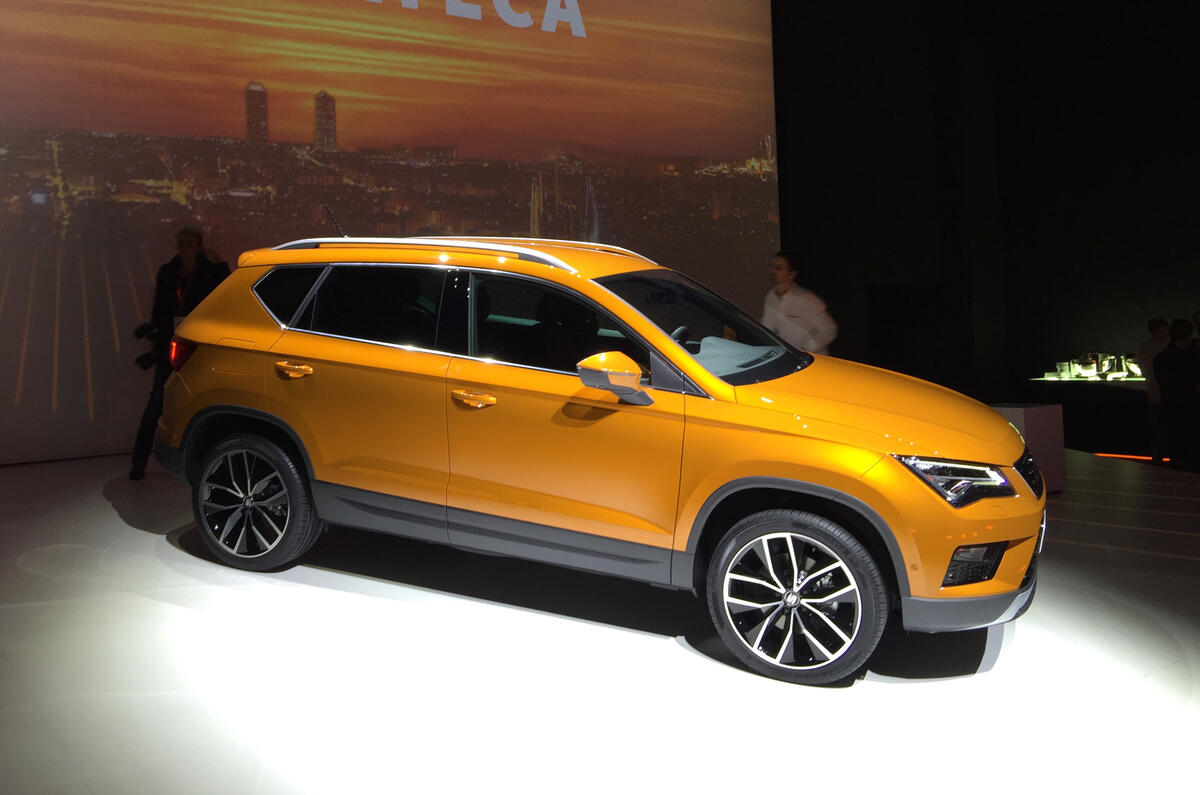
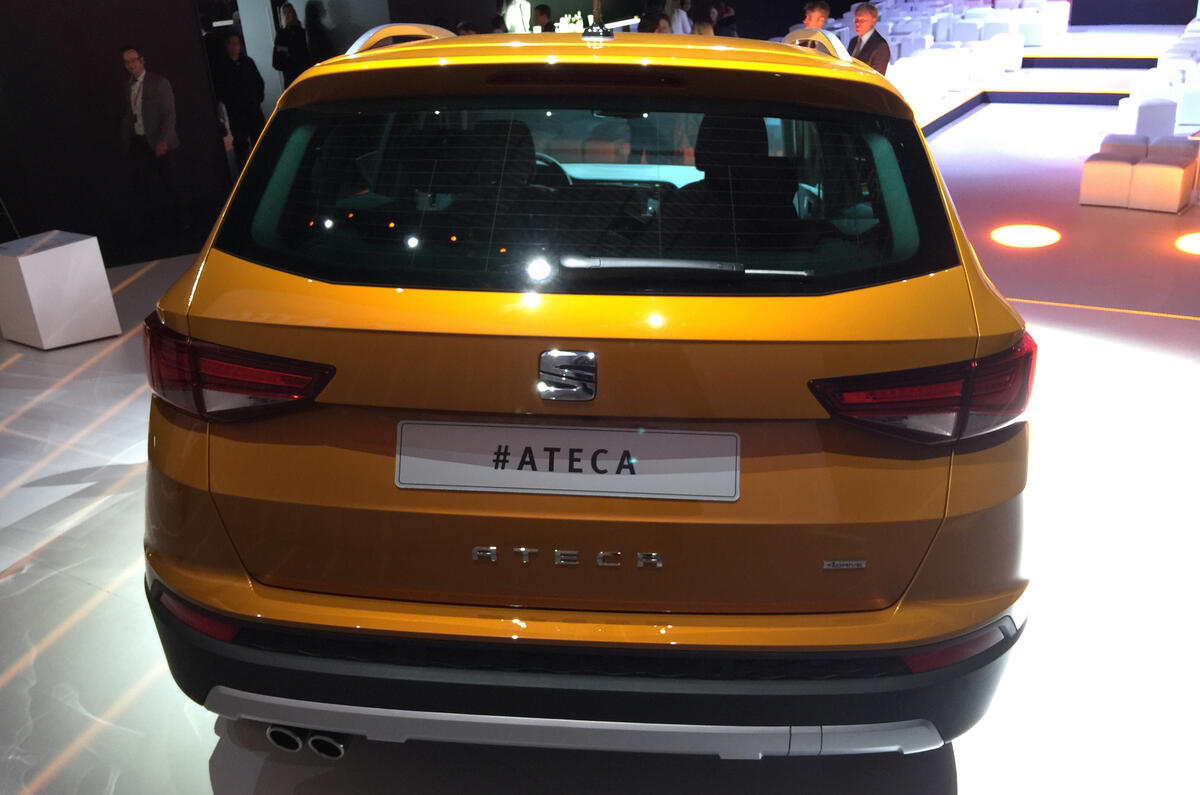
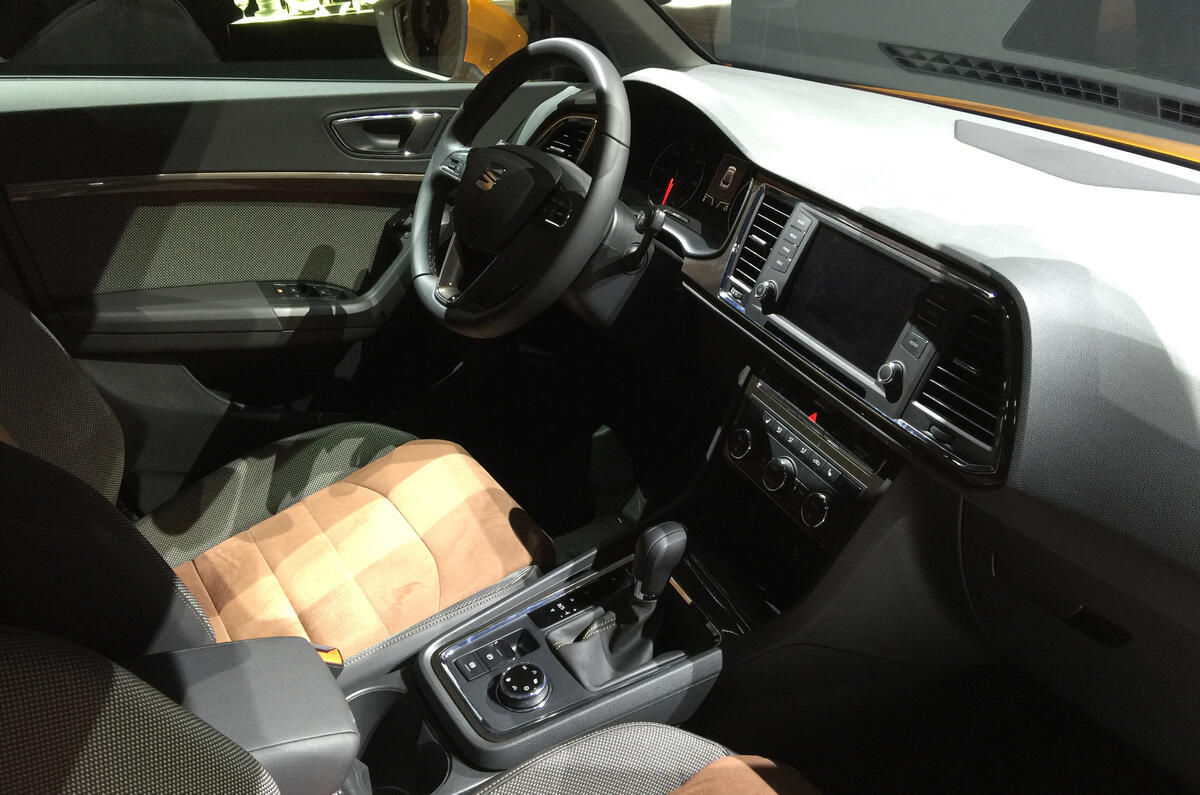
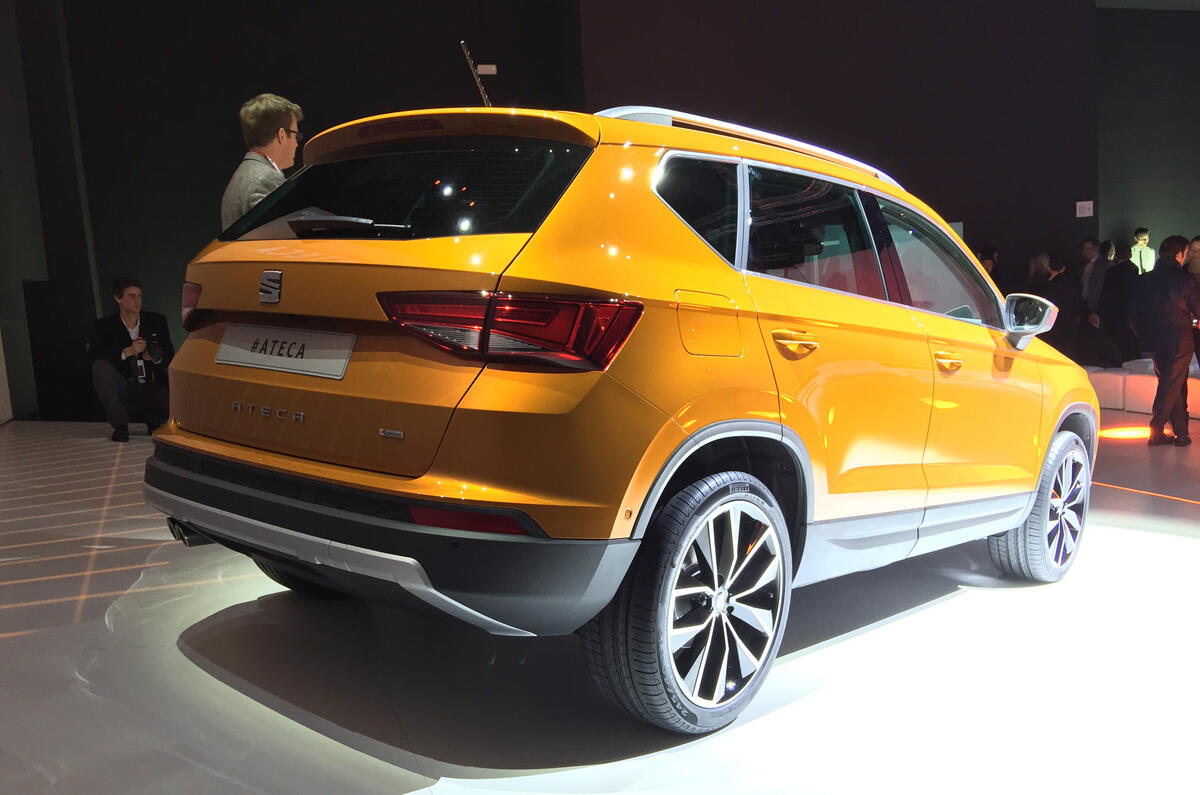
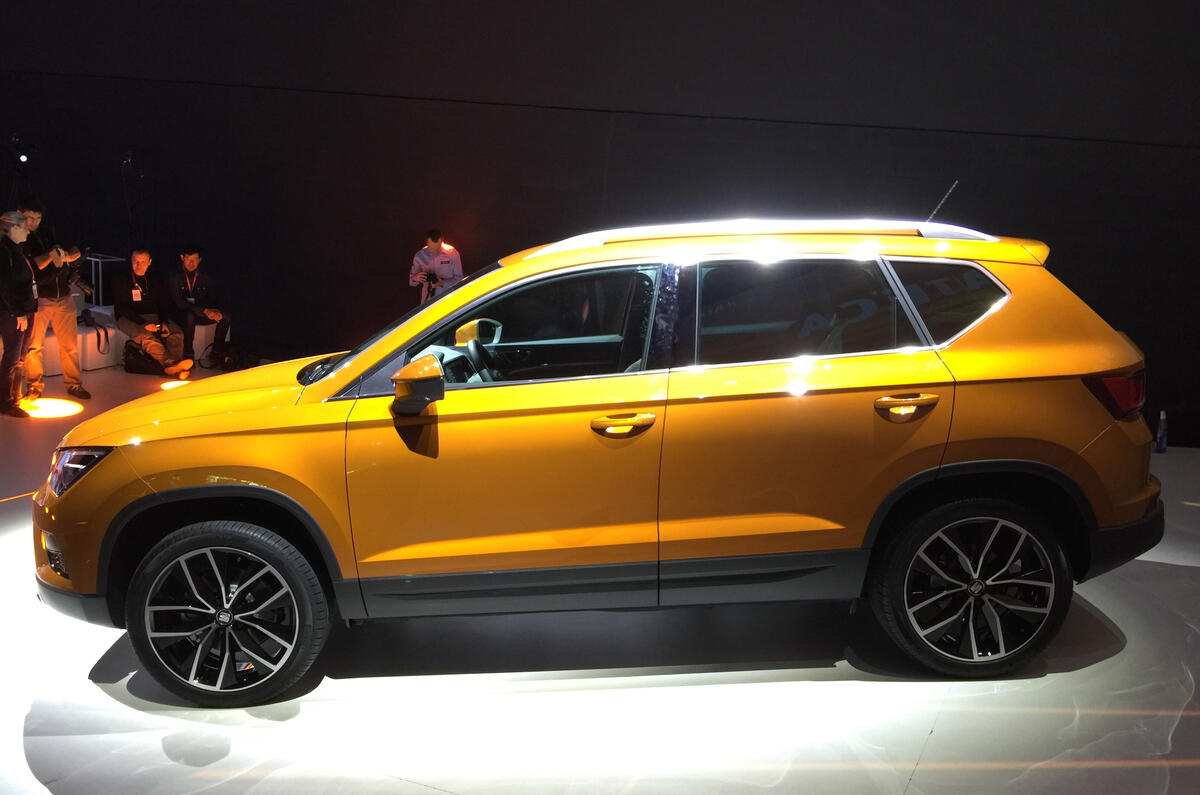
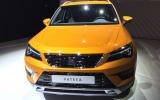
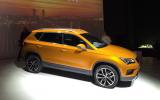
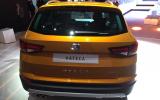
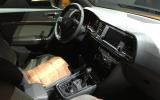
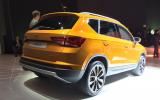
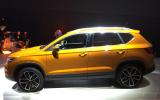






Join the debate
Add your comment
Homework
It certainly shows up VW's
No brand identity
Volkswagen need to make clearer gaps between the brands. VW being the more premium, Skoda being the budget brand, and Seat a huge attention on being the sporty performance brand. "Cupra" has good history, use it.
Not a question about identity but better products